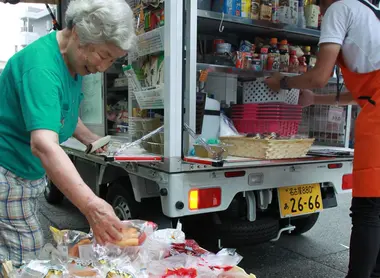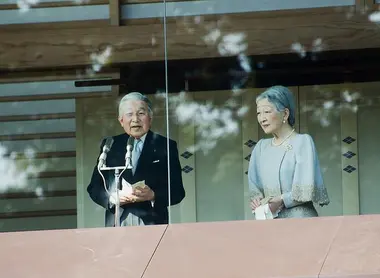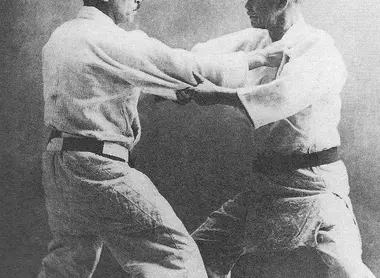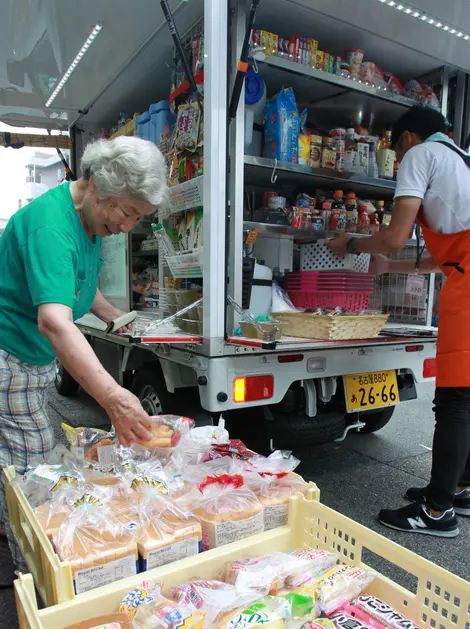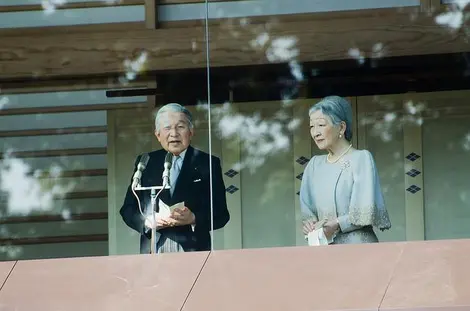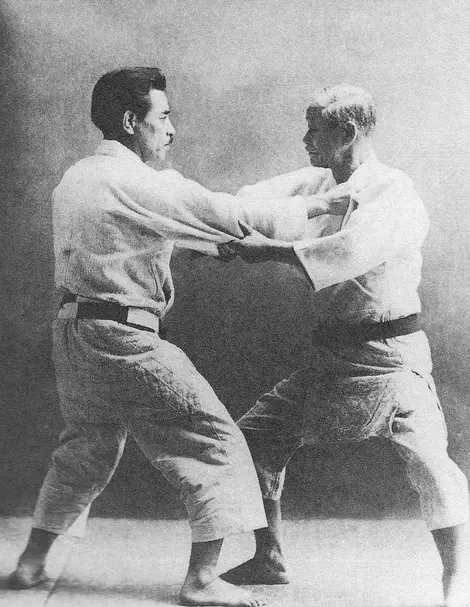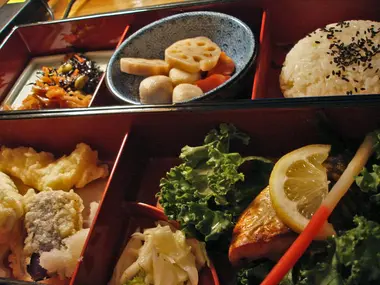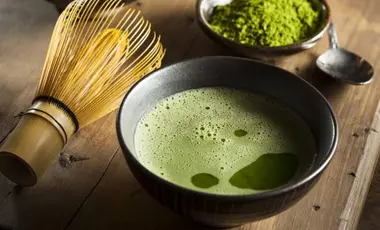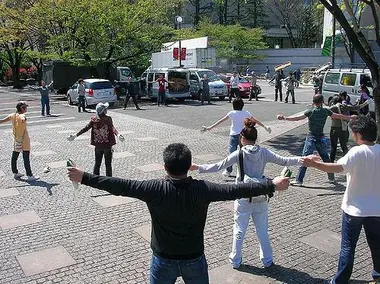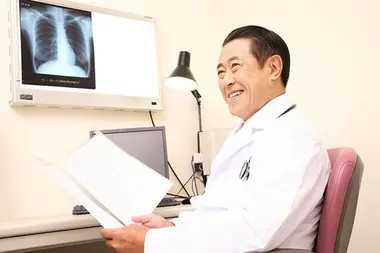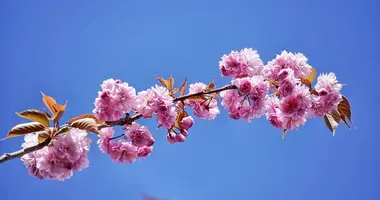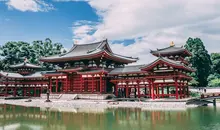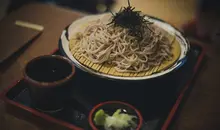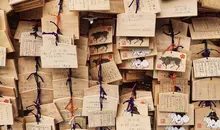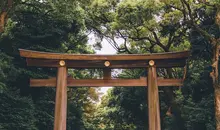Secrets of longevity in Japan 日本人の平均寿命
- Published on : 05/12/2018
- by : S.R.
- Youtube
Reasons for a longer life
According to W.H.O figures as of 2015, Japan is the country where humans live the longest. The country ranks number one in life expectancy for both women (90.1 years) and men (85.4 years), with an overall average of 87.9 years - over 4 years more than country with the second highest ranking (Switzerland)!
A healthy diet
"May your food be your medicine, and your medicine be your food"
This advice, attributed to the Greek physician Hippocrates, perfectly sums up the positive effect of the diet of the Japanese on their bodies.
Indeed, the staple foods of Japanese cuisine, namely fish, rice and vegetables, are healthy and low in saturated fats and sugars, which over time can cause hypertension, cardiovascular diseases and some cancers.
The Japanese also consume a lot of soy and seaweed, which, as well as being rich in many vitamins and minerals, reduce the risk of heart disease and cancer.
Read : Soya in Japanese cuisine
Care for some tea?
For several centuries, the Japanese have been heavy consumers of matcha, green tea powder. It is rich in catechins, antioxidants that boost the immune system and help prevent cancer and excess cholesterol. Its antioxidant activity extends to the elimination of free radicals, which have an impact on cell aging, and helps preserve membrane cells and DNA.
Matcha also has a positive effect on the regulation of blood pressure, digestion and stress.
Daily physical exercise
The Japanese continue to engage in physical activity in their old age for as long as they can. It's not uncommon to see groups of the elderly in city parks doing gymnastics, running or Nordic walking. Cycling is also particularly popular, and many seniors continue to move around by bike.
Generally, daily physical activity, valued at an early age by the Japanese especially through rajio taiso (literally "gymnastics radio" and a kind of warm-up calisthenics broadcast every morning throughout Japan), continues until very late in the life of Japanese people.
An effective health system
Japan has one of the most efficient healthcare systems in the world, offering affordable, high quality health coverage that's easily accessible to a large number of people (ranked 4th in the world by Bloomberg Efficient Health Care).
The competence of the country's doctors is also recognized and respected, and these two factors combined mean that many Japanese visit their doctor frequently, improving the prevention and early detection of diseases.
Alcohol in smaller quantities
The Japanese love a drink, but like other Asian ethnic groups, they are often affected by a dysfunction of one of the two enzymes responsible for treating alcohol in the liver.
This alcohol flush reaction, which can often be noticed in people of Asian origin, is a redness of the skin following the ingestion of alcohol. It can also be accompanied by nausea, headaches, and an increased heart rate. This genetic mutation makes many Japanese more sensitive to alcohol, and greatly reduces the amount of alcohol they are able to drink. This relative intolerance to alcohol helps distance those affected from the negative effects caused by drinking too much.
Read : Sake
